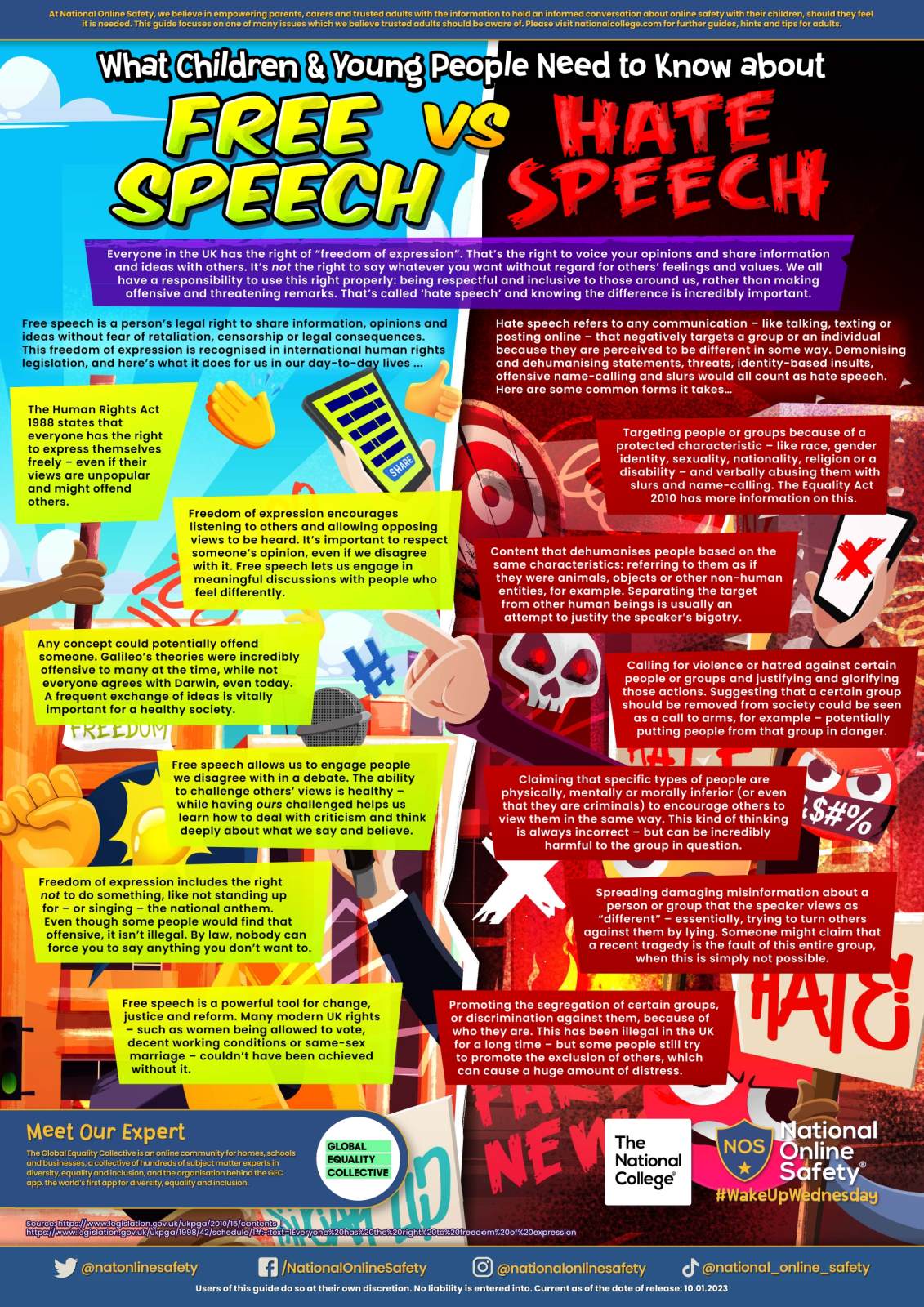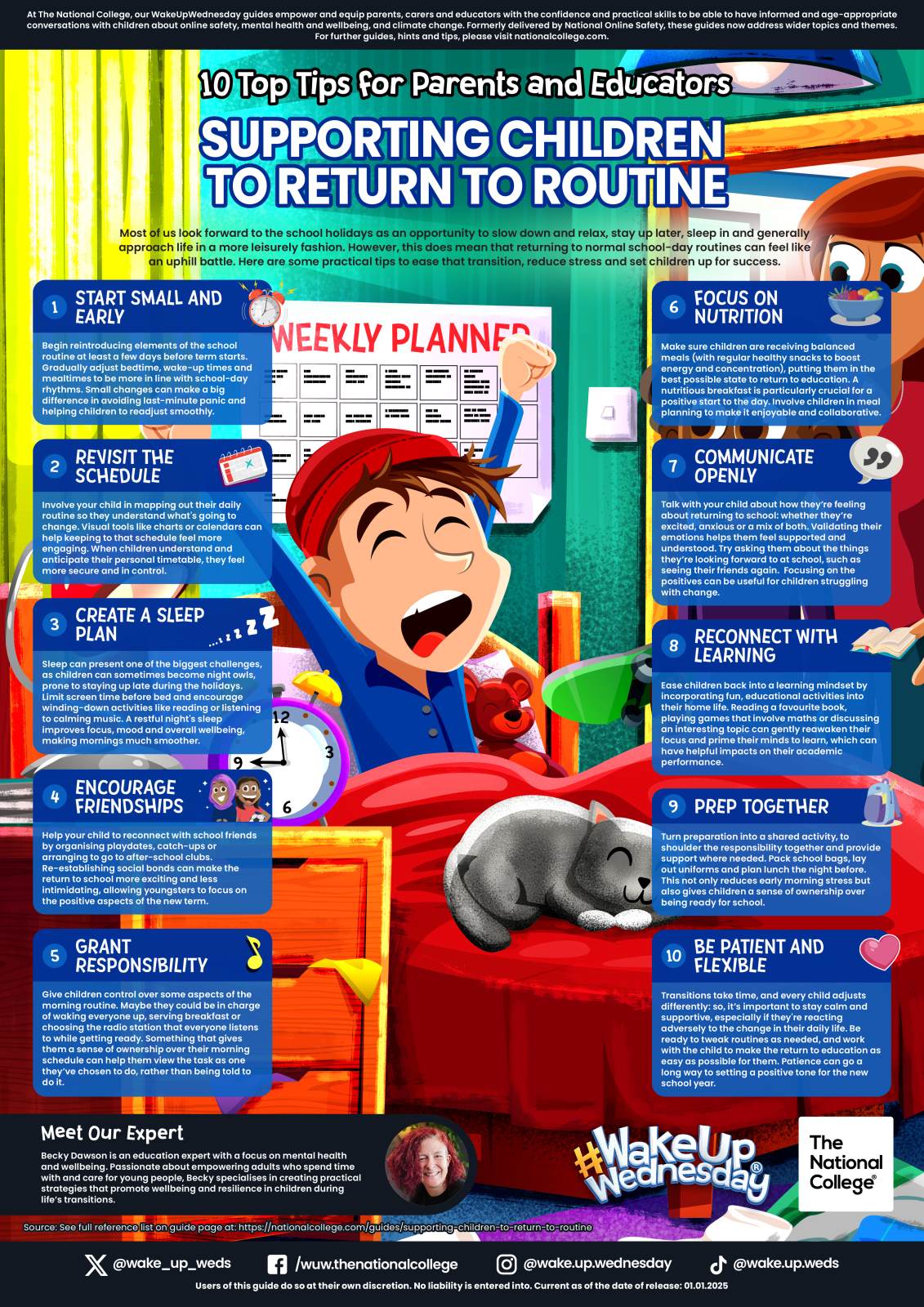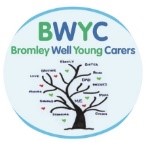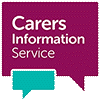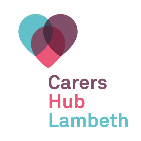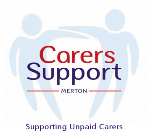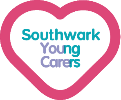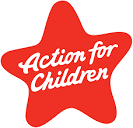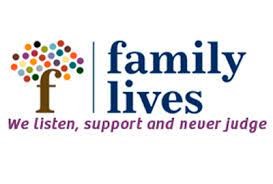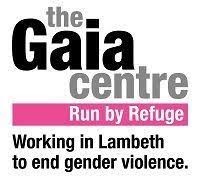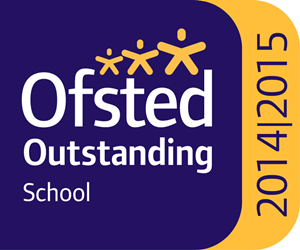Safeguarding
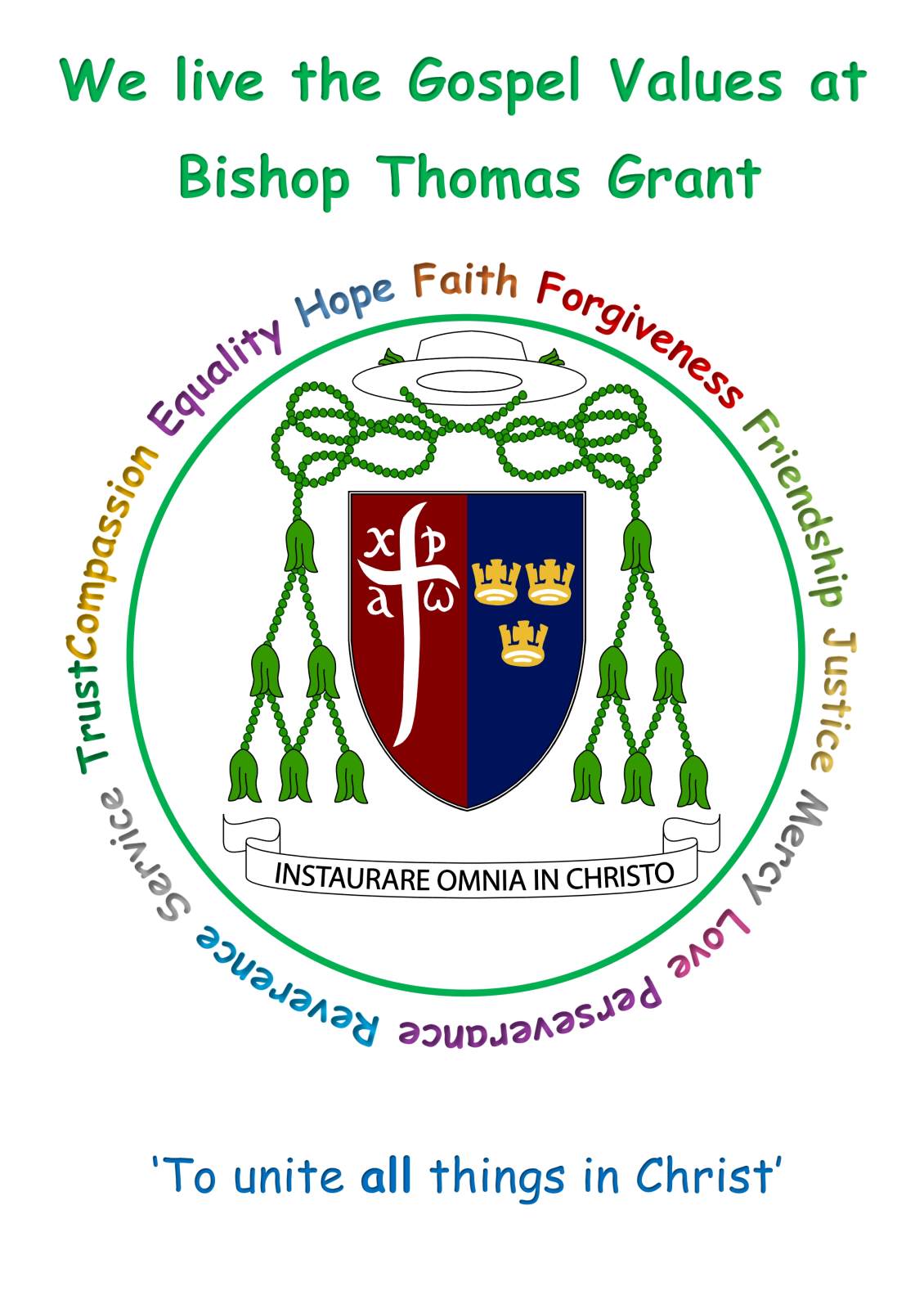
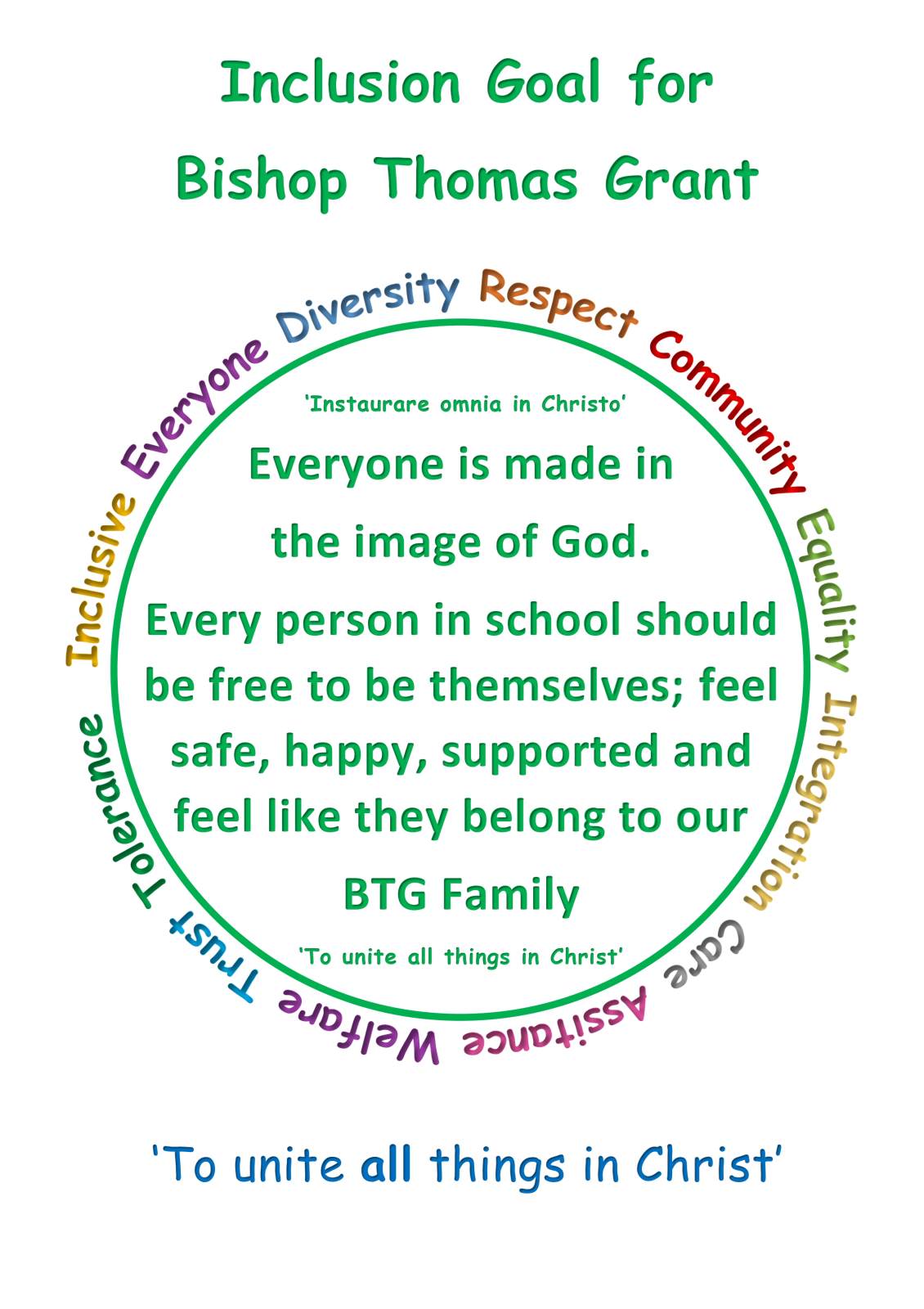
Bishop Thomas Grant School operates a robust Child Protection and Safeguarding policy which acts on statutory guidance and uses procedures that have been agreed by the Local Authority and are fully supported by the Governing Body and the Staff. Safeguarding is of utmost importance us. We are committed to ensuring a culture of vigilance with all Governors, staff, students and visitors and encourage everyone to report any concerns regarding child protection and safeguarding to The Safeguarding Team; Mrs A O'Donovan, the Designated Safeguarding Lead (DSL) or the Deputy Designated Safeguarding Leads; Ms Westlake, Mr Bennett, Ms Forde, Mr Todd or Mrs Levenson. We aim to ensure that child protection concerns and referrals are handled sensitively, professionally and in ways that support the specific needs of the individual students. Through providing an inclusive caring, safe and encouraging environment which promotes the social, physical and moral development of all our students, we aim to foster an atmosphere of trust, respect and security.
We believe: ‘It could happen here’, ‘If you have that gut feeling, report it, speak to the Safeguarding Team, no worry is too small’, ‘It takes a village to raise a child’, ‘Safeguarding is everyone’s responsibility’. We all need to work together to ensure our students are safe in and out of school.
The Safeguarding Team

DSL: Mrs O'Donovan DDSL: Ms Westlake DDSL: Mr Bennett DDSL: Ms Forde DDSL: Mr Todd DDSL: Mrs Levenson
Governor responsible for Safeguarding in School Mrs M O'Donohue
At Bishop Thomas Grant School all staff use MyConcern to record safeguarding concerns regarding our students.
How to report a concern
If you have any safeguarding concerns, in the first instance please call the School on 020 8769 3294 or email safeguarding@btg-secondary.lambeth.sch.uk during school hours and the Safeguarding Team will pick up the concern. 7am - 6pm Monday to Friday.
Holidays and Weekends – You can contact the email but if it is and emergency call 999 or Childline 0800 1111, NSPCC 0808 800 5000 or Local Social Service Child Protection Referrals
Out of hours Safeguarding Guidance
Are you worried about yourself, a child or a friend?
Your first option may be to see your GP who will talk to you about what will be most helpful and can refer you to the appropriate source of support or to ring 111 for advice.
If it is an emergency, call the emergency services (dial 999 and ask for the police or ambulance service) or visit Accident and Emergency or a Police Station.
If it is a non-emergency, but you require police presence, call 101. Metropolitan Police website
If you need to raise a safety concern about a child or young person under 18 or up to 25 with a learning difficulty or disability, you can contact Social Services from the relevant local boroughs, the out of hours “Emergency Duty Team” number if after 5pm or one of the national helplines – the NSPCC or Crimestoppers
Please see the links below for Lambeth and our neighbouring Local authorities.
| London Borough of Bromley Telephone: 020 8461 7373/7379 Out of Hours: 0300 303 8671 Email: mash@bromley.gov.uk |
London Borough of Croydon Telephone: 020 8726 6464 Out of Hours: 020 8726 6400 |
|
London Borough of Lambeth Telephone: 020 7926 3100 Out of Hours: 020 7926 5555 Email: helpandprotection@lambeth.gov.uk |
London Borough of Lewisham Out of Hours: 020 8314 6000 Email: mashagency@lewisham.gov.uk |
|
London Borough of Merton Telephone: 020 8545 4226/ 4227 Out of Hours: 020 8770 5000 Email: mash@merton.gov.uk |
London Borough of Southwark Telephone: 020 87525 1921 Out of Hours: 020 7525 5000 Email: mash@southwark.gov.uk |
|
London Borough of Wandsworth Telephone: 020 8871 7899 Out of Hours: 020 8871 6000 Email: mash@wandsworth.gov.uk |
Click here: Metropolitan Police School and Youth Department letter regarding Vapes 12/01/24
Reporting Concerns Anonymously
We are always keen to hear from you if you have any concerns about our school. There are many direct ways in which you can contact us, but you can also use the reporting facility below if you wish.
We also understand that there may be occasions where you have information that you would like to share with us, perhaps arising from discussions with your child about their experiences at school, but that you feel uncomfortable passing on. We have, therefore, set up the form below that is an anonymous reporting facility where you can share information that you think may be useful to us, but where you would prefer not to be identified.
Please do not use this form if you have a specific concern about your own child that you would like us to support with. These concerns will always be best shared through our usual channels so we can offer the most appropriate support (i.e. via their Form Tutor, Head of Year, Head of Department or our Designated Safeguarding Lead).
When writing an account of your concerns please give as much information and detail as you can.
Working to Safeguard Children
To ensure that all students are safe, we work in conjunction with partnership agencies, staff, parents, visitors and members of the community. We take our responsibilities for safeguarding children in our care seriously. Many students and parents have expressed their appreciation of the amount of support that the school has given them.
We work closely with our Safer Schools Team (Metropolitan Police) and they act as a first point of contact between the School and the police.
Bishop Thomas Grant School recognises the difficulties that young people and their families face in today’s society every day. We are committed to offering equal opportunities and support to all of our students and families.
The school arranges guest speakers, assemblies and workshops to raise awareness during the school year to support students’ understanding and management of potentially unsafe or concerning situations including bullying, online safety, sexual harassment, radicalisation and a variety of other safeguarding issues that may arise.
Support and mentoring schemes are available to students to equip them with the required tools to make the right decisions and develop independence whilst keeping themselves safe by knowing how to access help when they need it. These include School Chaplain, Counsellors, Therapists, Mentoring programmes and Mental Health support.
Please click a heading below for specific safeguarding concerns that could arise and further information to guide you.
Children and Young Person Guide to Working Together to Safeguard Children
Child on Child abuse including sexual harassment and violence
Female Genital Mutilation (FGM)
**********
Specific Safeguarding Issues
Expert and professional organisations are best placed to provide up-to-date guidance and practical support on specific safeguarding issues. Please visit www.nspcc.org.uk. Also available is the government guidance on the issues listed below via www.gov.uk
- Advice for parents and carer on cyberbullying
- Children Act 1989: private fostering
- Children who run away or go missing from home or care
- Domestic violence: How to get help
- Keeping Children Safe in Education Guidance September 2023 - DfE Statutory guidance for schools
- Prevent duty guidance: For England and Wales
- Preventing and tackling bullying
- Searching, Screening and Confiscation: Advice for schools
- SSS Learning Parental Resources we recognise that as primary carers, parents and guardians have an important part to play in keeping their children safe. To support them in doing this we have created a range of free resources.
- Tackling violence against women and girls
- Violence against women & girls
- Working together to improve school attendance
- Working Together to Safeguard Children - HM Government Guidance
**********
Please click here for our Online Safety, Safeguarding & Wellbeing Bulletin which contains lots of useful information
**********
Operation Encompass
Bishop Thomas Grant School is part of Operation Encompass. Operation Encompass is a national police and education early intervention safeguarding partnership which supports children and young people who experience Domestic Violence and Abuse and which is in place in every police force in England and Wales.
Children were recognised as victims of domestic abuse in their own right in the 2021 Domestic Abuse Act. Operation Encompass means that the police will share information with our school about all police attended Domestic Abuse incidents which involve any of our children PRIOR to the start of the next school day.
The Operation Encompass information is stored in line with all other confidential safeguarding and child protection information. We are aware that we must do nothing that puts the child/children or the non-abusing adult at risk. The Safeguarding Governor will report on Operation Encompass in the termly report to Governors. All information is anonymised for these reports.
OE Cry for help Children who go missing
OE Impact Report 2023
OE Parent Poster - English
OE Parent Poster - Polish
**********
Mental Health and Wellbeing
At Bishop Thomas Grant School we are committed to promoting positive mental health for our students and staff, as well as our wider community. We expect all our students, staff and volunteers to share this commitment.
Senior Mental Health Lead - Mrs J Levenson
Well being Coordinator - Miss Henry
Mental health is a vital aspect of our overall well-being, yet it is often overlooked or stigmatized. We have made a priority to embed a culture of resilience and emotional health. We achieve this aim using a whole school strategy for all and specialised, targeted strategies for students and staff who need additional support, including emotional coaching and mentoring. We work in Partnership with CORAM Therapists, Catholic Children Society Counselling Service, Discovery programme, MHST and other agencies where appropriate. We aim for a safe and supportive environment for all, particularly those affected, both directly and indirectly, by issues around mental health.
We are aware that everyone experiences a range of day-to-day and unforeseen challenges which can make any of us feel vulnerable at one time or another. We work to ensure that everyone knows when to ask for support. We take the view that positive mental health is everyone’s responsibility and that we all have a part to play. We believe that good mental health is vital to ensuring we can achieve our overall aim. That ‘You are not alone in your struggles. It’s okay to ask for support when you need it’.
Kindness is a simple way to help EVERYONE. When we are kind to each other, it helps us to feel connected, which means we forge new friendships or deepen existing ones. Research has also shown that when we’re kind, when someone is kind to us or even if we just witness kindness, our bodies release feel-good hormones which lift our mood, giving us what’s known as a ‘Helper’s High’. It’s also been shown that people who are kind have much lower stress levels, age more slowly and have healthier hearts. Kindness isn’t just a nice thing to do, but can help us improve our own well-being, while helping others at the same time.
Please see below some tips from School of Kindness
Self-Kindness Tips for Children: 10 ways you can be kinder to yourself!
‘In a world where you can be anything, be kind’
Being kind is the best thing you can be. But sometimes we can focus a lot of our energy on doing things for others and forget about being kind to ourselves. Just like a car needs fuel to run, we need to fill ourselves up with kindness in order to be the best we can be. All that kindness inside you will spill out into the world and help you be kind to people too.
Being kind to ourselves not only means we have more enthusiasm to help others, but it has scientific benefits, too. Practising self-kindness can slow down our heart rate, helping us feel calmer and even supporting our immune system! Sometimes we’re far more critical of ourselves than we would be of other people; just remember that mistakes are marvellous and help us to learn – and no one’s perfect!
So, here are 10 self-kindness tips to encourage you to be the best version of yourself.
1. Have a good night’s sleep
It’s suggested that primary-school children get 9-11 hours of sleep a night. When we have a good night’s sleep, our bodies can repair themselves and get us ready for the next day. It also makes us less irritable – we can be even kinder!
2. Kindness Meditation
By meditating, we reduce our stress levels and create a more positive headspace. You can also do it anywhere! Meditating encourages our bodies to fully relax, meaning we can think clearer and allow our bodies a break. Download School of Kindness free guided meditations here.
3. Move your body
When we exercise, it releases wonderful chemicals in our body that help us feel happier. So move your body in whatever way you can!
4. Practise Gratitude
Practising gratitude means that we take time to reflect on the things we’re thankful for. Whether that’s a helpful friend or a good day at school, being thankful helps us to become more positive people who can show more compassion.
5. Do something you love
Make sure, at least once a day, you have some time set aside to do something you love. Whether that’s reading, drawing, music or sports, it’s important to help you feel happy and relaxed.
6. Ask for help
It can sometimes be difficult to ask for help, especially if it’s something we feel we should be good at or be able to do alone. There’s no shame in asking for help, though – we all need support from time to time. It can help you feel better and accomplished, and the other person will feel better knowing they’ve done something kind.
7. Note down what you love about yourself
Making a list of the things we appreciate about ourselves can help us feel happier. It might be that you have a lovely smile, that you’re a good friend, or that you can run super fast! Whatever it is, write it down and read it from time to time to remind yourself just how amazing you are.
8. Believe in yourself
It’s important to know you can achieve your dreams and the things you work hard for. Allow yourself to be inspired and you can inspire others!
9. Use the power of YET!
No one is good at everything straight away. If you’re struggling with something, try to think of the word ‘yet’. I’m not good at singing… yet. I can’t solve that puzzle… yet! See what happens? That one little word helps you to believe that you can achieve what you set your mind to.
10. Practise speaking positively
Changing the way we think and talk to ourselves can make a big difference to how we feel. For example, instead of saying ‘I failed and I’m embarrassed’, try and say, ‘I tried my best and I was brave’. Speaking kindly to yourself can help you feel calm, happy and more positive.
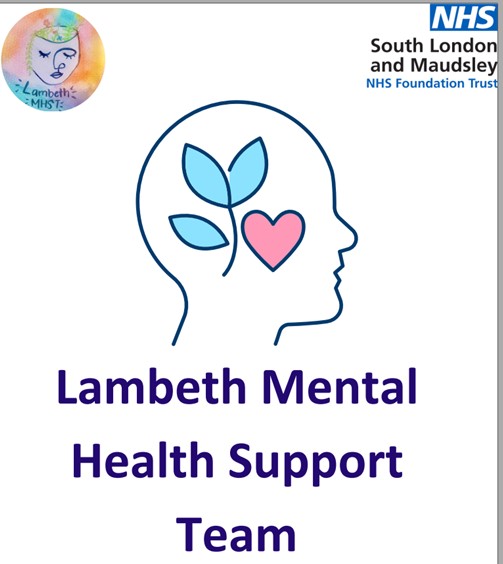
https://slam.nhs.uk/mhst-lambeth
Our school is a LMHST partner school and we work closely with the team providing access for 1:1 counselling sessions for identified students.
One-to-one guided self-help, focuses on working alongside young people who are experiencing:
- Anxiety – this is aimed at young people who are experiencing anxious thoughts and feelings related to phobias, avoiding situations, panicking and other pressures (such as family, friends, school or exams)
- Low Mood – this is aimed at young people who have noticed significant changes to their mood which might be impacting on motivation, interest and energy levels. This could be in school or at home
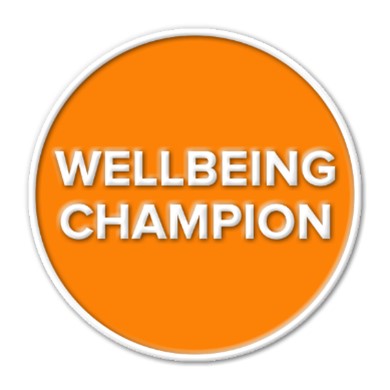 |
We have also launched the Well Being Champions programme at school. The Lambeth MHST believes strongly in amplifying the voices of both children and young people to educate and influence change especially around mental health and emotional well-being. They have provided training for 14 pupils to take on the roll of Well Being Champions. These are dynamic young people leading the charge for change. This energetic and inspiring group is dedicated to promoting and inspiring positive mental health and well being here at BTG. |
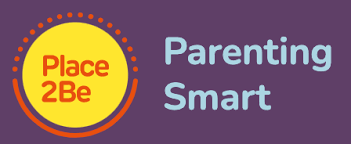 |
Parenting advice from child mental health experts.
|
We encourage our parents to be aware of and read our policies pertaining to safeguarding and mental health and wellbeing, which can be accessed in documents section below
https://www.childrensmentalhealthweek.org.uk/parents-and-carers/
Children's Mental Health Week (childrensmentalhealthweek.org.uk)
Place2be Children's Mental Health week 2024
**********
Young Carers
Identifying Carers can be difficult, as many people don’t see themselves as Carers or understand the use of the word. It can be difficult for them to see their caring role as separate from the relationship they have with the person they care for.
As of 2019 1 in 8 people in the UK are caring for someone. Anyone can become a Carer. Carers come from all walks of life and can be any age: some are children and young adults. Many feel they are just doing what anyone else would in the same situation; looking after their mother, son, or best friend and just getting on with it.
Caring can have a big impact on someone’s life, and this is only likely to increase as time goes by. Even if a Carer is managing now, it’s important to identify them so that they know what help is available. Nobody wants them to wait until their situation reaches a crisis point.
Who are young carers?
By definition, a young carer is a young person, under the age of 18, who has some caring responsibility. This is usually for a family member who has a disability, long-term illness, mental illness (including depression, anxieties) or drug/alcohol substance misuse.
Some children begin giving care from a very young age, and others become carers overnight. Being a young carer can affect a young person’s social life and even health. But young people can learn lots of useful skills by being a young carer. Young carers can be particularly vulnerable and in need of support and advice.
What do young carers do?
The responsibility of a young carer is wide and varied. It can include:
- Staying in the house a lot to be there for them
- Doing lots of household chores, like cooking, housework and shopping.
- Helping with physical and personal care, like helping someone out of bed, dressed or washing.
- Providing emotional support or a shoulder to cry on
- Managing the family budget and collecting prescriptions.
- Helping to give medicine.
- Helping someone communicate.
- Looking after brothers and sisters.
If you are a Young Carer let the school know, so we can offer or signpost you for further support.
Please see the links below for Lambeth Young Carer's and our neighbouring Local authorities.
|
|
London Borough of Bromley |
|
London Borough of Croydon |
|
|
London Borough of Lambeth |
|
London Borough of Lewisham |
|
|
London Borough of Merton |
|
London Borough of Southwark |
|
|
London Borough of Wandsworth |
|
Please Click on the images below for further useful Young Carer information
 |
|
|
**********
We encourage our parents to be aware of and read our policies pertaining to safeguarding and mental health and wellbeing, which can be accessed in documents section below.
Policies
- Attendance Policy
- Child Protection and Safeguarding Policy - KCSIE
- Looked After Children and Previously Looked After Children Policy
- Mental Health and Wellbeing Policy
- Online Safety Policy including IT Use and Bring Your Own device
- Prevent Policy
**********
Helpful Resources
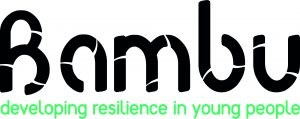 |
Bambu is a service that aims to provide tailored, specialist support to meet the holistic needs of children and young people impacted by domestic abuse in the home, while working in a multi-agency approach. |
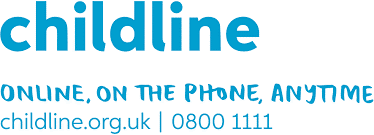 |
Childline is a free, private and confidential service ready to help anyone under 19 in the UK with any issue they’re going through. You can talk about anything. Whether it’s something big or small, trained counsellors are there to support. Call: 0800 1111 email Using 1-2-1 chats |
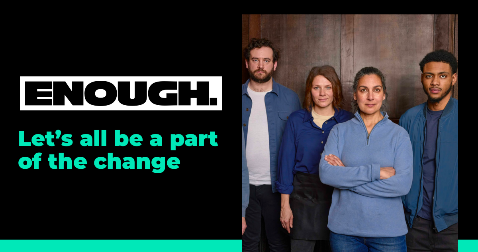 |
ENOUGH is the government’s new campaign about abuse. It says ‘enough is enough’ for all to be part of the change to help keep women and girls safe and has lots of useful resources for children and young people and school practitioners. |
|
|
Family Lives provides targeted early intervention and crisis support to families. If you would like support and advice with a parenting or family issue, you can call our helpline on 0808 800 2222 or via email: askus@familylives.org.uk . You can talk online via their live chat service which is open, Monday to Friday between 1.30pm and 9pm. |
|
|
talktofrank.com Find out everything you need to know about drugs, their effects and the law. Drugs can be a hard subject to discuss, especially if you think a friend or relative has a problem. You or a friend can call FRANK anytime on 0300 123 6600 for confidential advice. Text 82111. Email |
|
|
The Gaia Centre provides confidential, non-judgmental and independent support services for those living in the London borough of Lambeth who are experiencing gender-based violence. Ages 13 to 25. phone: 020 7733 8724 Email: lambethvawg@reefuge.org.uk |
|
|
Kooth is Lambeth’s free, safe, online, anonymous place for young people to access online support and counselling. |
|
|
National Autistic Society are there to transform lives and change attitudes to help create a society that works for autistic people. They offer lots of advice and guidance about autism and the challenges autistic people and their families face. They have an online community and comprehensive directory of services and support for autistic people and their families |
 |
The National Domestic Abuse Helpline is for women experiencing any kind of domestic abuse and concerned friends, family and colleagues looking to support someone who may be experiencing domestic abuse. Free 24-hour Helpline 0808 2000 247 or visit the website Refuge.org.uk to access the live chat service |
 |
Is a service to help children who’ve been abused, protect children at risk and find the best ways to prevent child abuse from ever happening. Help for adults concerned about a child 0808 800 5000 or emailing help@NSPCC.org.uk. |
|
PAPYRUS UK Suicide Prevention is dedicated to the prevention of young suicide. Hopeline247 is a confidential support and advice service for children and young people under the age of 35 who are experiencing thoughts of suicide, or anyone concerned that a young person could be thinking about suicide. Call: 0800 068 4141 Text: 07860 039 967 email: pat@papyrus-uk.org |
|
|
Parentzone have free resources for parents and professionals, with helpful guides on apps and safety features: Through Parent Zone Local, you have access the following resources:
Resilient Families parent course: a twenty minute video helping parents understand their child's online life and improve their digital resilience |
|
|
Railway Guardian app is an all-in-one safety app from the British Transport Police. The app allows to report crimes or concerns on the rail network, share journeys with trusted contacts, and get access to news, guides, or support. |
|
|
|
Emotional support for people who are experiencing feelings of distress, despair or suicide. Whatever you are going through you can call the Samaritans for help. Call at any time from any phone for FREE 116 123 or email jo@samaritans.org they will reply to your email but it may take a few days. This is a listening service and does not offer advise or intervention |
 |
Shout is the UK's free, confidential, 24/7 text messaging support service for anyone who is struggling to cope. You can text any time, day or night. Messages are confidential and anonymous. Free to text Shout from all major mobile networks in the UK. |
|
YoungMinds are a mental health charity for children, young people and their parents, making sure all young people can get the mental health support they need. They have lots of useful information and links. |
|
|
Victim support is an independent charity dedicated to supporting people who have experienced or witness crime. Support can be accessed 24/7 via the free online live chat service or phone free on 08 08 16 89 11 |

